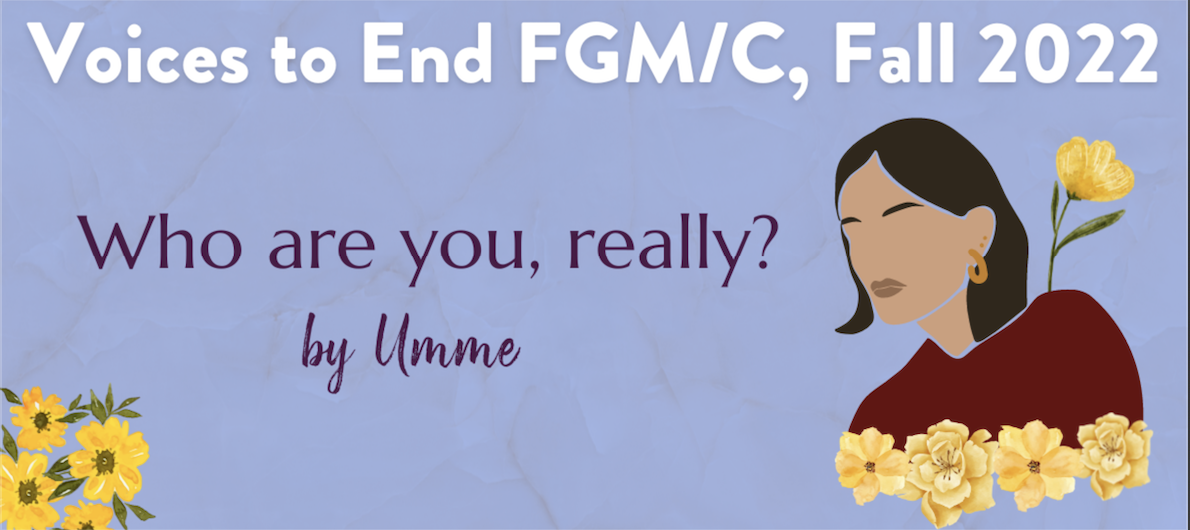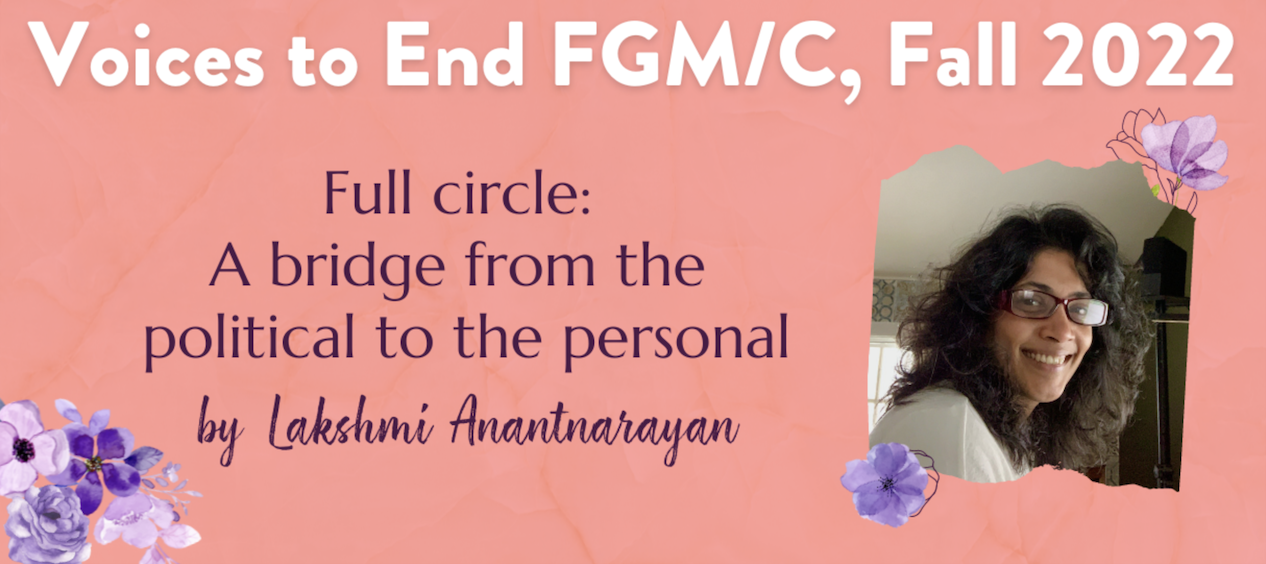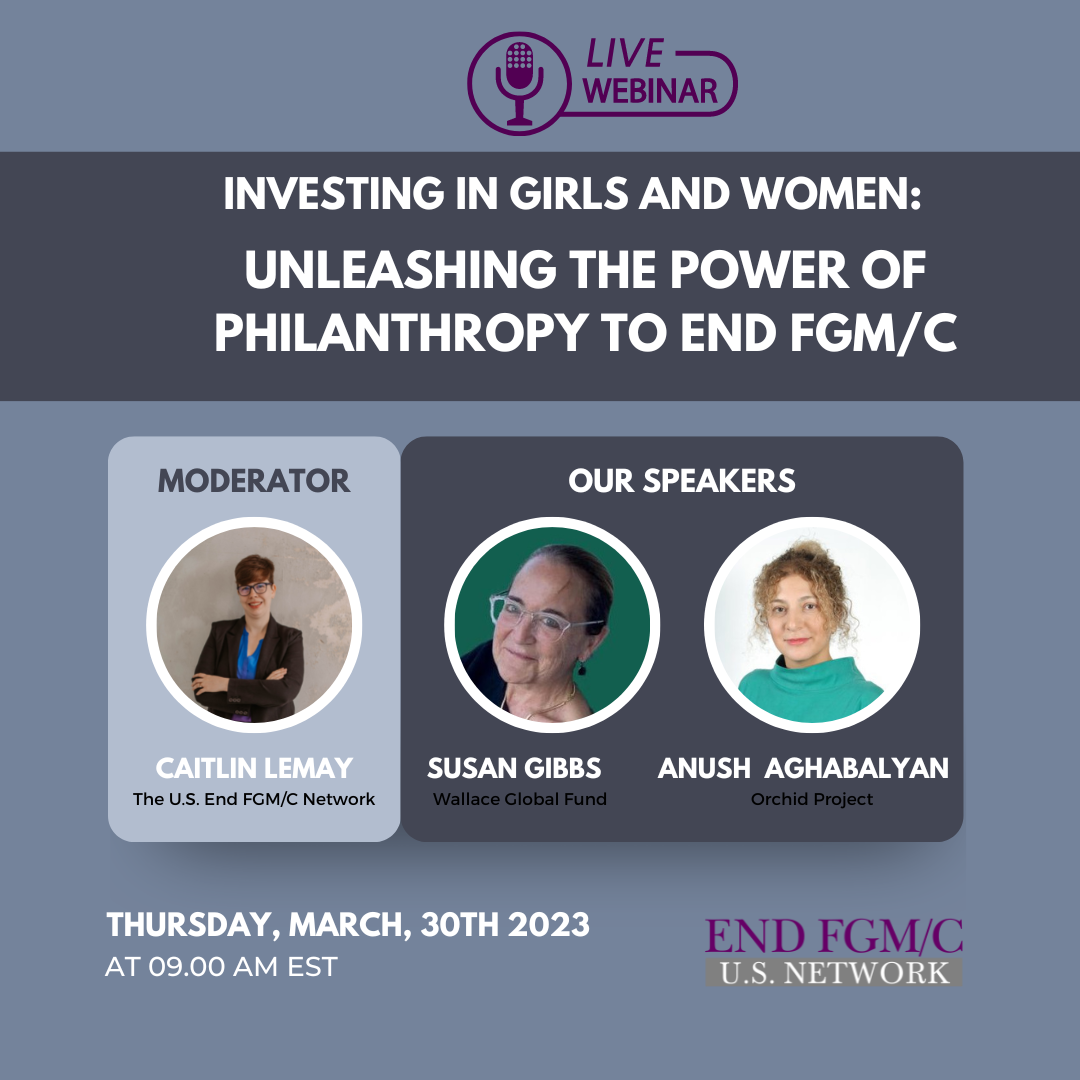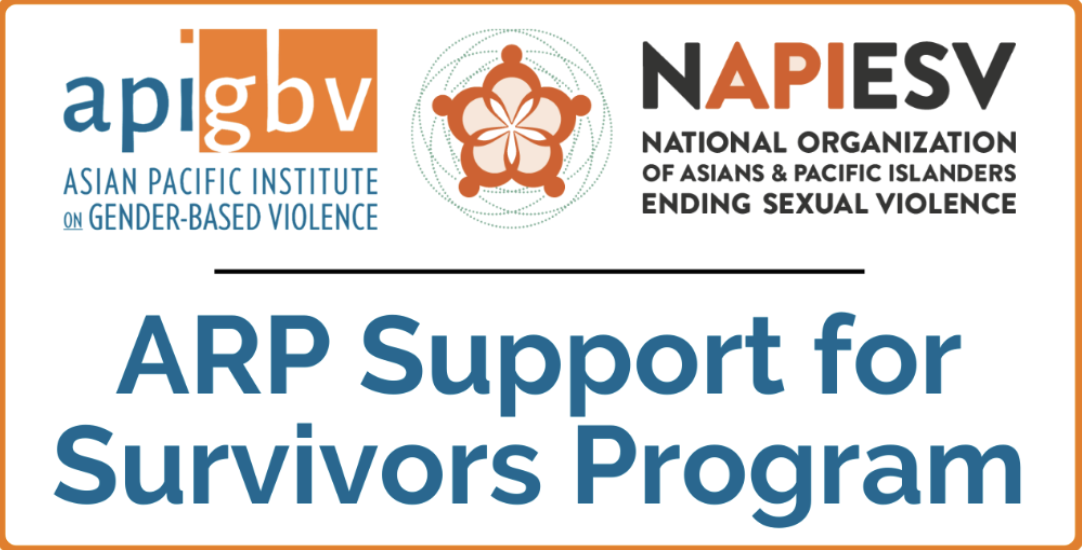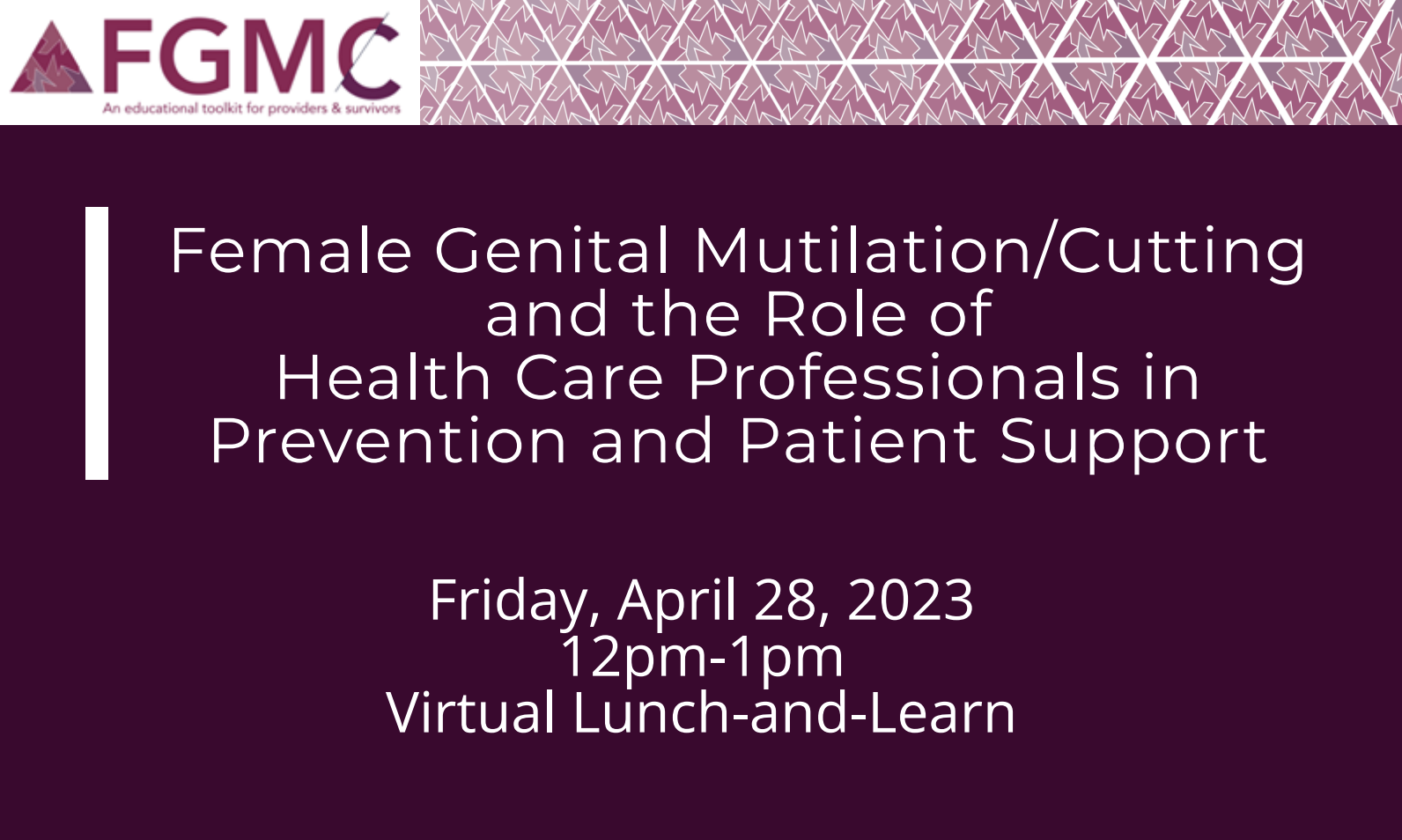By Umme
I play a lot of video games. I watch even more video essays about video games. Written and recorded by people who’ve made careers out of literary analysis, these videos feel a bit like a virtual book club, joining with thousands of other viewers and commenters to play, analyze, and discuss our favorite stories, characters, and recurring motifs in the games we love.
That’s how I discovered SOMA, a sci-fi horror masterpiece by Frictional Games. A game that begged the question: who are you, really?
In SOMA, one’s consciousness can be digitized, simulated, copied, pasted, downloaded, archived, and re-activated. All possible even after the original host has long since died and decayed away. What happens to the original consciousness when a copy is made? Which one of them is the real one? Are you still you if there’s a copy of you wandering around, living a life separate from your own, even if it emerged from you and your mind, your experiences, your hopes and dreams?
Who are you, really?
I’m fascinated by those branching paths, the idea that my consciousness is broken and split apart, a thousand bubble universes containing a thousand versions of myself, all bursting forth from the same source — me. In the universe I know — the one where I call myself me — there was a five-year-old girl whose parents made a choice. A choice I live with every day. In another universe, the one where she probably still calls herself she, there was a five-year-old girl who was spared the bloodier consequences of that choice, a branching path that leads to her being blissfully unaware of the physical consequences of female genital mutilation/cutting (FGM/C).
I wonder what that person is like. Is she still me? Does she even understand how narrow her escape was, how close she came to losing her autonomy, to living with chronic pain?
Maybe she doesn’t. Maybe there’s something else, something more that afflicts her. Maybe the pain, the fear, the coldness of that metal room is something shared among every version of us. Maybe that’s the root.
And then there’s the other branching path. The one that isn’t really a path, the version who doesn’t get to become anything. The version who didn’t wake up as anything, left in a metal room, on a metal gurney bed, her last memory that of a gloved hand wiping away her tears and the cold fire of a metal needle pouring unwanted sleep into her tiny veins. The girl who will always, forever, eternally be a girl.
Do I deserve this body, deserve to occupy this mass of animated meat subject to the great misfortune of sapience, or is it a stolen trophy from my need to survive, won through pure chance?
In SOMA, consciousness is almost a coin toss. It’s an act of copy and paste, until there are two of you occupying the same universe. It’s a choice — one version of you moves forward to the end of the game, and the other stays behind… or dies. All of them are you, but the story only moves forward through one of you.
Sometimes, I wonder if my reality is the same way. Is anesthesia an act of copy and paste, a dark void and a branching path, where one story ends and the other keeps going? A little girl too young to understand why she needs to sleep like this, left behind, and the other permitted to grow, change, become.
So, I wrote about it. And just like my blood was spilled all those years ago, in that cold metal room, on that cold metal gurney, I spilled ink. Writer’s Blood. I filled my pen with it. I wrote.
I still write.
I craft stories about people who look like me, who get to live in fantastical universes with fantastical beings. Who get superpowers, who save themselves. To me, those stories are hope — hope that some branching version of me doesn’t live in a universe where FGM/C exists. Hope that there’s a version of me out there who has it all — autonomy, ability, and freedom from the trauma.
My experience with FGM/C was not the last time I “died,” nor the last time I felt that endless darkness of anesthesia and then woke up in a body slightly different from the one I’d had before I went to sleep. But I hope it will be the last time someone else makes that choice for me.
Disclaimer
This blog was produced by Sahiyo under 15POVC-21-GG-00988-NONF, awarded by the Office for Victims of Crime, Office of Justice Programs, U.S. Department of Justice. The opinions, findings, and conclusions or recommendations expressed in this guide are those of the contributors and do not necessarily represent the official position or policies of the U.S. Department of Justice.

